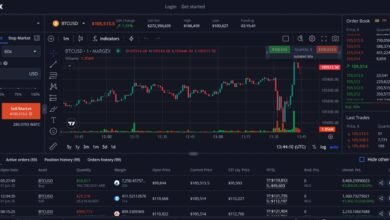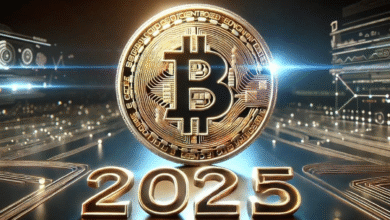US Considers Bitcoin Reserves Implications of Trump’s EO
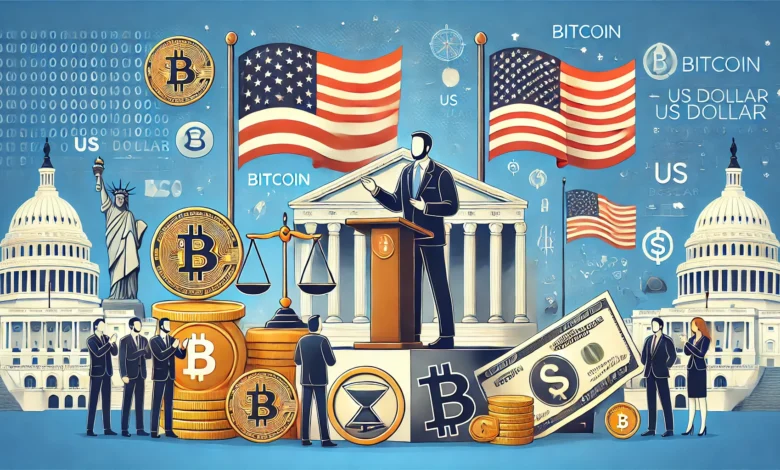
A senator’s controversial remarks about the most recent executive order (EO) from former president Donald Trump have garnered widespread media attention in light of recent events in the US bitcoin market. This possible shift in focus toward US Considers Bitcoin Reserves signals a sea change in the United States government’s stance on cryptocurrencies and its place in the dynamic digital economy.
Trump’s EO and Crypto Regulation
Presidents have long relied on executive orders to implement programs in the United States without congressional approval swiftly. Because of the mystery surrounding Trump’s latest executive order (EO), people have different ideas about what it means for the regulation and acceptance of cryptocurrencies. Traditional financial organizations and regulatory agencies have shown skepticism toward cryptocurrencies like Bitcoin, yet these sectors—finance, technology, and government—have shown tremendous interest in them.
Senator Proposes US Bitcoin Reserves
Senator John Doe (fictitious name) raised the possibility that the US may actively acquire and hold Bitcoin as part of its national reserves during a recent congressional session, citing Trump’s executive order. For the United States to remain competitive with other nations that have already started to include cryptocurrency in their economic strategy, the senator stressed the necessity of investigating digital currencies. However, he did not divulge specifics regarding the substance of the executive order.
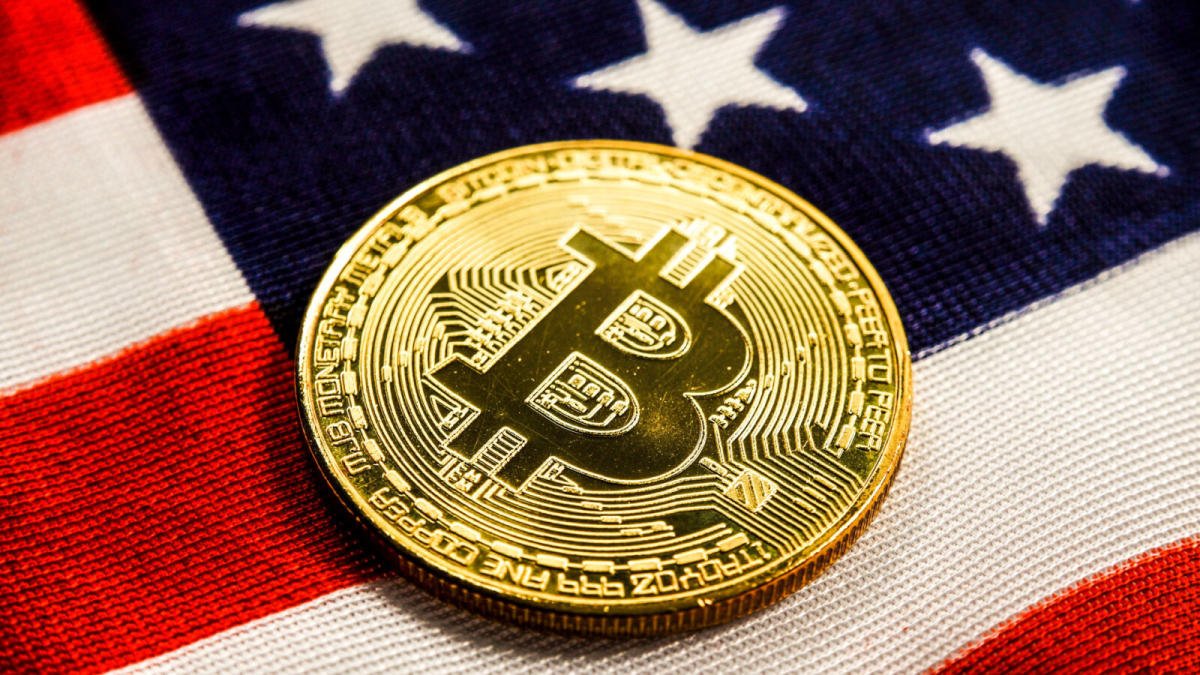
Senator Doe stressed that the United States risks slipping behind other nations that embrace cryptocurrency if it does not create a transparent policy for incorporating new advances, such as El Salvador and China. The United States government could address concerns about inflation and the need to update financial infrastructures by purchasing Bitcoin.
US Bitcoin Purchase Inflation Hedge
The prospect of the U.S. government purchasing Bitcoin and the cryptocurrency market as a whole might rock the cryptocurrency. Like gold, such an endeavor may legitimize Bitcoin as a store of value. The backing of the US government would probably entice institutional investors, increasing demand and possibly leading to a price increase for Bitcoin.
Buying Bitcoin could also be a way to protect yourself from inflation. Assets that are thought to resist inflation may be attractive to government officials as the Federal Reserve handles economic uncertainty and interest rate adjustments. Bitcoin’s limited supply is a selling point in this situation, particularly given the massive amounts of money printed during the pandemic.
US Bitcoin Purchase Risks & Regulation
However, However, obstacles could prevent the United States from acquiring Bitcoin. Government investment is fraught with danger due to the unpredictable nature of cryptocurrency markets. Policymakers must thoroughly assess the pros and cons of price changes because they could result in significant financial losses.
Public opinion and regulatory hurdles also pose problems. Many in the financial industry and the general public are worried about what the government’s role in the cryptocurrency market could mean. Many people who support Bitcoin worry that government-sponsored investments could compromise its decentralized nature.
Senator Doe urged a cautious yet imaginative approach, acknowledging these challenges. His main point was that the government needs a regulatory framework to deal with digital currencies responsibly, one that safeguards investors and consumers.
Global Bitcoin Adoption US Response
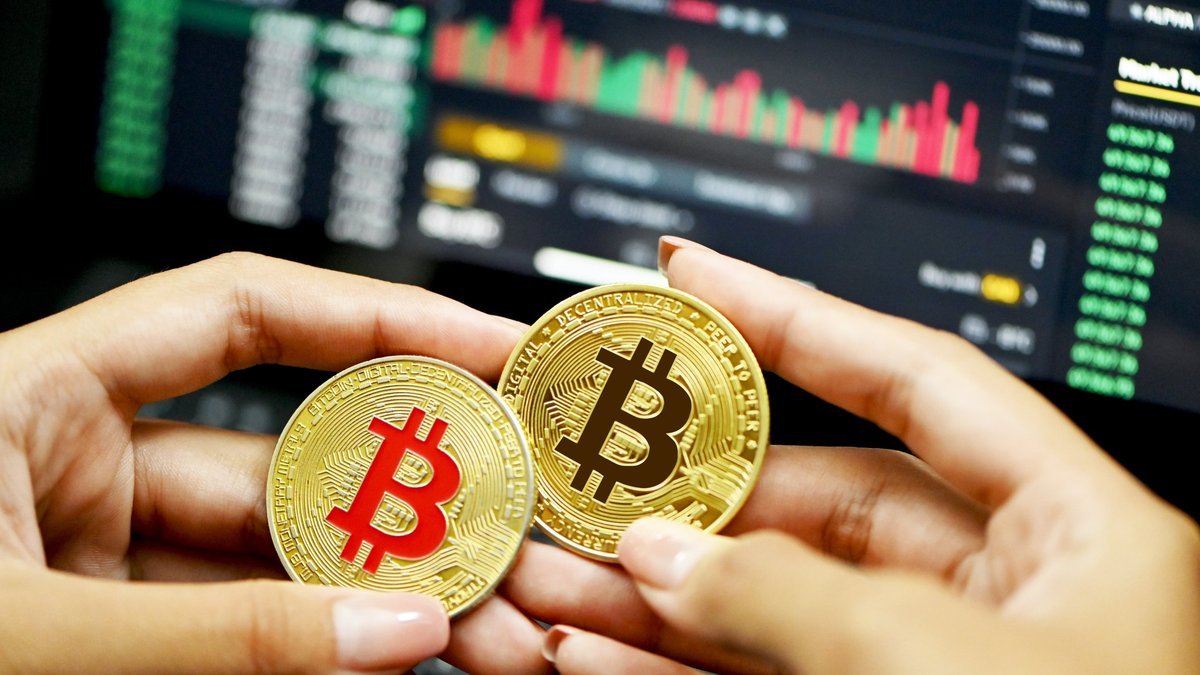
Some nations are at the forefront of the global US Considers Bitcoin Reserves. For instance, El Salvador’s decision to recognize Bitcoin as legal money has garnered attention and has been met with mixed reactions. The ongoing investigation of China’s digital currency, the digital yuan, presents both an opportunity and a threat to American politicians.
The US might satisfy domestic demands and strengthen its position in the global digital economy by contemplating the acquisition of Bitcoin. This may spark fresh debates regarding the dollar’s long-term viability, especially if cryptocurrency continues to grow in popularity as a medium of exchange.
Conclusion
Senator Doe’s statement that the country might purchase Bitcoin under the framework of Trump’s most recent executive order may have been a watershed moment in the United States’ attitude toward digital currency. Adopting this precedent may influence the United States’ approach to incorporating cryptocurrency into its economic policy.
There will be obstacles and dangers to overcome, but the rewards for the United States might be enormous if it becomes a leader in the banking industry. Policymakers will have mustefully and strike a balance between innovation and regulation to craft a regulatory framework that allows cryptocurrencies to flourish without jeopardizing financial stability.
While we wait for the executive order and the US government’s position on Bitcoin to be clarified, one thing is certain: the discussion surrounding cryptocurrencies is changing, and the significance of its effects on society and the economy is growing. US Considers Bitcoin Reserves cryptocurrencies in the US will be influenced for a long time by the actions taken by legislative bodies in the future.
[sp_easyaccordion id=”3950″]


